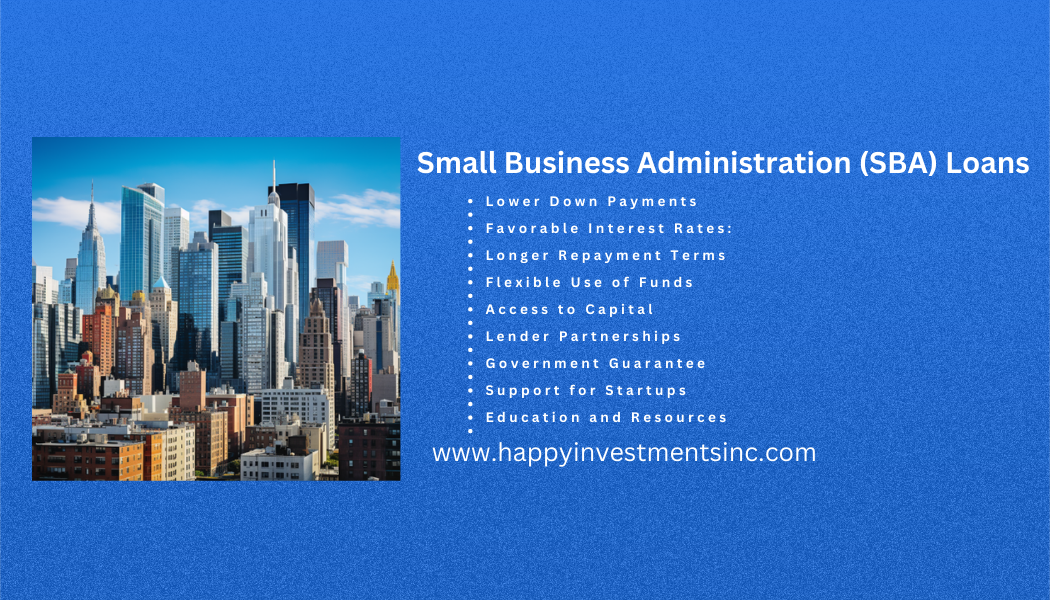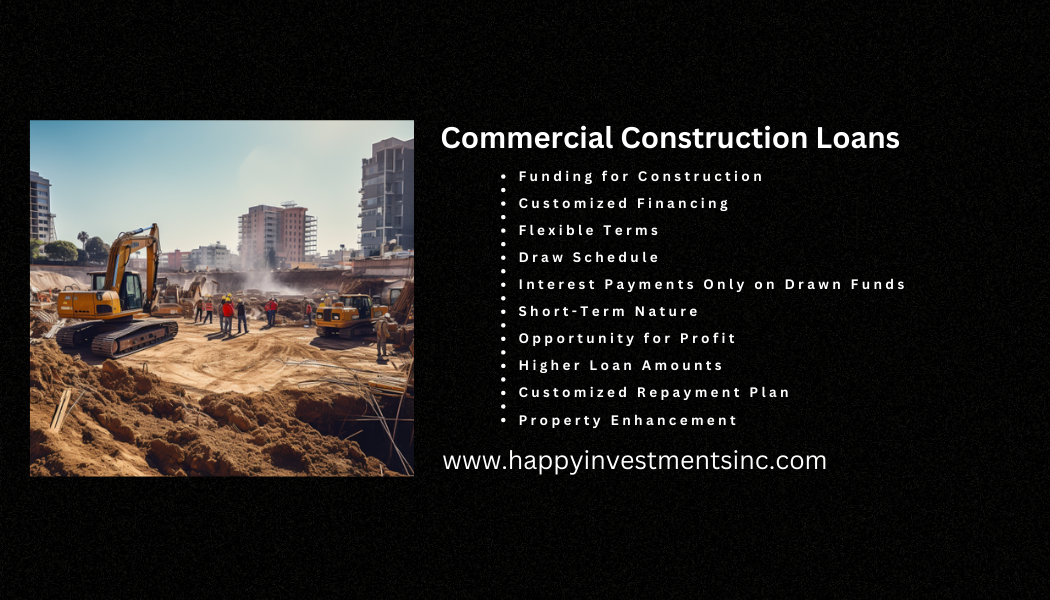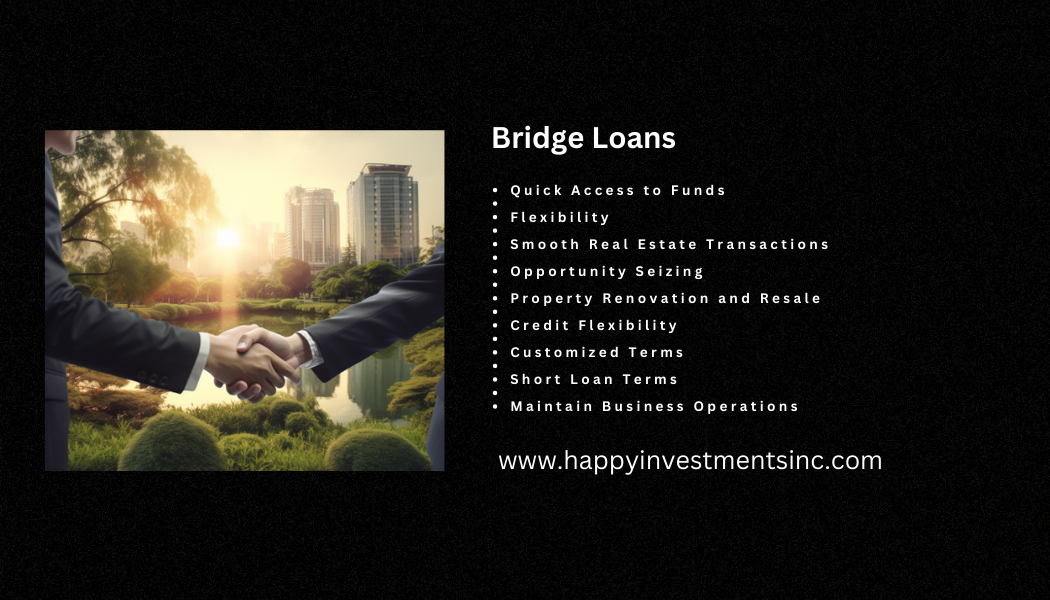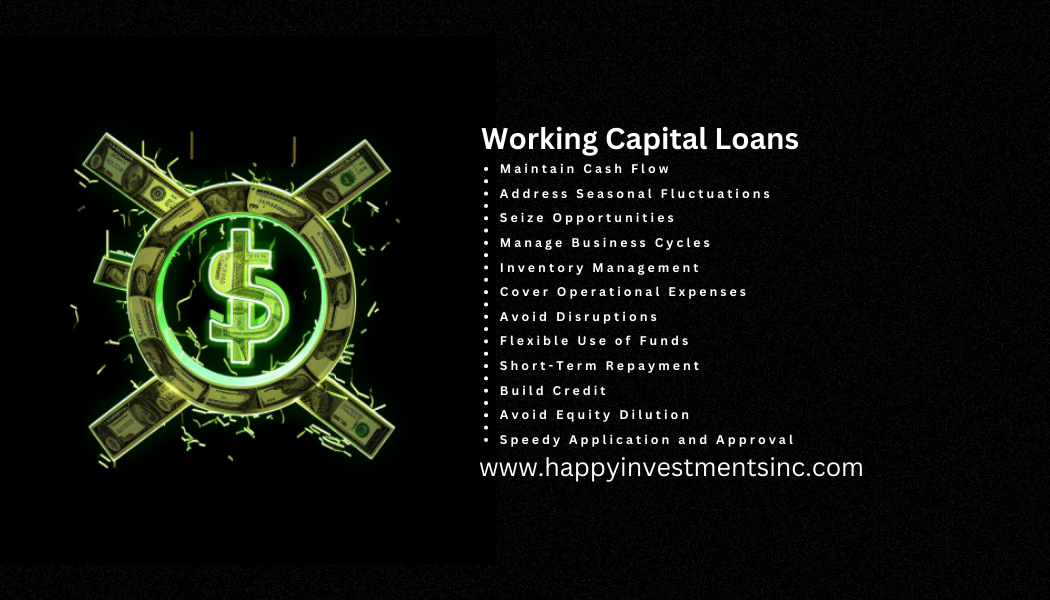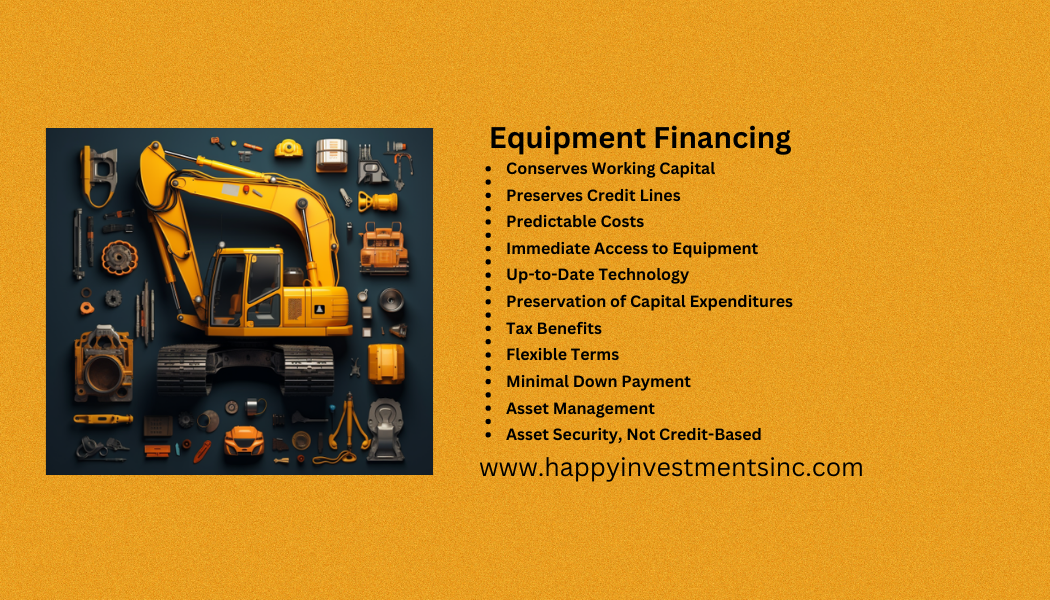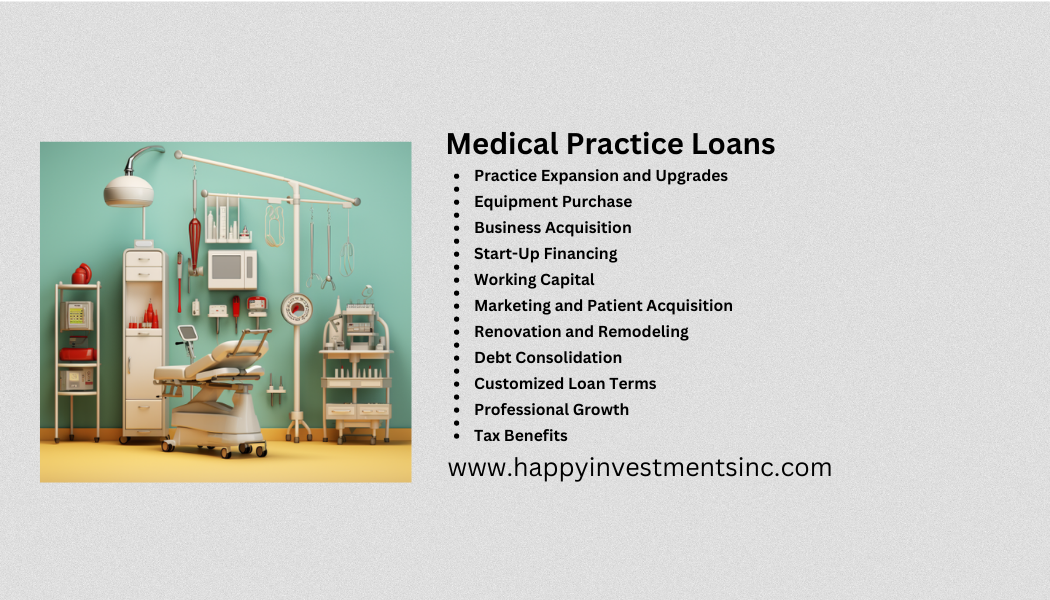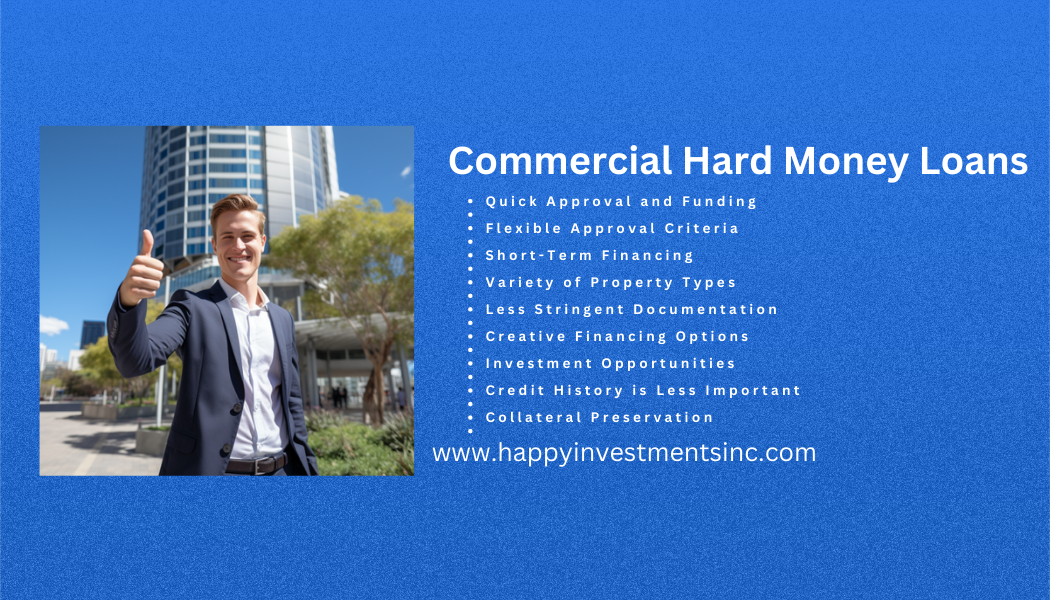
Commercial Real Estate Loans are monetary instruments created to offer finance for numerous types of commercial residential or commercial property acquisitions, developments, and remodelings. These loans are usually secured by the home itself and are an essential resource for companies and investors seeking to expand or boost their real estate holdings. Different types of Commercial Real Estate Loans consist of:
- Traditional Commercial Mortgages: These loans function similarly to domestic mortgages, where the borrower receives a lump sum in advance and repays the loan amount together with interest over a specific duration. They are commonly utilized for purchasing or refinancing residential or commercial properties such as office complexes, retail centers, and storage facilities.
- SBA 7( a) Loans: Offered by the Small Business Administration (SBA), these loans supply financing to small businesses for genuine estate acquisitions, building, or refinancing. They often come with favorable terms and lower down payment requirements.
- Commercial Construction Loans: These loans are designed to money the construction of new industrial properties or major remodelings of existing ones. The funds are disbursed in phases as the building and construction advances.
- Bridge Loans: Bridge loans provide short-term financing to bridge the gap between immediate financing needs and longer-term funding services. They are typically used for time-sensitive deals or when a residential or commercial property requires restorations prior to it receiving permanent financing.
- Commercial Equity Loans: Also known as equity lines of credit, these loans enable property owners to use their residential or commercial property’s equity to money various business requirements, such as expansion, working capital, or improvements.
- CMBS Loans (Commercial Mortgage-Backed Securities): These loans involve packaging a pool of industrial property loans into securities that are sold to financiers. The earnings created from the hidden loans act as security for the securities.
- Hard Money Loans: These are short-term, high-interest loans typically used by real estate investors for fast acquisitions or to profit from time-sensitive opportunities.
- Mezzanine Loans: Mezzanine funding sits between senior debt and equity in a capital stack. It’s a way to secure extra funds using the property as security, frequently used for development projects.
- HUD/FHA Loans: Provided by the U.S. Department of Housing and Urban Development (HUD), these loans provide funding for multifamily residential or commercial properties, healthcare facilities, and other types of business property projects.
- Owner-Occupied Commercial Real Estate Loans: These loans are tailored for businesses that intend to occupy the majority of the homes they buy. They often feature favorable terms and lower down payment requirements.
Each type of Commercial Real Estate Loan serves different functions and includes varying terms, rates of interest, and eligibility requirements, permitting organizations and investors to choose the financing option that best lines up with their needs and goals.





 Commercial Mortgage Loans Virginia is a home loan protected by business real estate, for instance, a workplace complex, shopping center, making storage facility, or apartment or condo complex. Commercial mortgage loans resemble basic home loans; but rather than obtaining funds to buy a house, you protect any land or realty for business reasons.
Commercial Mortgage Loans Virginia is a home loan protected by business real estate, for instance, a workplace complex, shopping center, making storage facility, or apartment or condo complex. Commercial mortgage loans resemble basic home loans; but rather than obtaining funds to buy a house, you protect any land or realty for business reasons.


